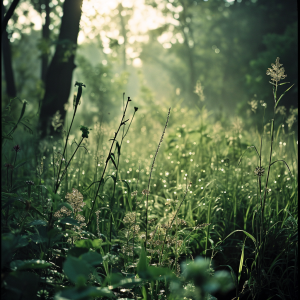My dad always said he thought he had a book in him. He was a voluminous reader, but he died with that story unwritten.
Why, oh why did he never write it? Or even some notes about his early years? Who taught him to snare rabbits? Who made him expert with a shotgun and fishing rod? How did his own father die?
My mother did better. She finished a pamphlet of tales about her grandmother’s family, and after that, I was able to put some of her memories together in book form for her grandchildren and great-grandchildren when they’re ready.
Because they will treasure them one day. The older you get, the more these things matter. When Hamish Whyte did his memoir of Edwin Morgan, it was important. And not just for the greater good of literature.
As a result of all this, I enthused when a former work colleague, Morag Ridings, told me she wanted to write her life story. She had already done an illustrated booklet about her first husband’s life and death for his three grown-up children (and their children). The technology is there. It can be done.
But a full memoir is a big thing. She said she needed an editor. So I read the narrative chapter by chapter as she put it together, and all this started during lockdown, a good time for such things. She worked incredibly hard, but I am a tough critic. Anyway, the book grew, and as it grew, Morag’s natural aptitude blossomed. She wrote and revised, revised and wrote.
I’m not easily impressed but—blimey—the style she was developing was astonishing. She was accessible, compelling, interesting—a joy to read.
After two years and several drafts, there was a book. Two hundred and thirty-six pages of A Girl from Glasgow. I designed and typeset the volume, and did the jacket. She paid for the printing. I put it on Amazon. Friends and family bought it. She cheerfully lost money on nearly every copy sold. It’s costly to create something like this, and frankly, you have to self-publish it, because unless you’re a celebrity or have done something of historical significance, no commercial publisher would take it on.
Her Amazon reviews were wonderful. This is my favourite:
Wow—I am lost for words. From the moment I picked up this wondrous book I could not put it down. Personal favourite chapter of mine was “Living with a Teenage Boy”. This was disconcerting, awe-inspiring and amazeballs.
We printed 150 copies, and then another fifty, and then another fifty. We have a few left.
If you know anyone who grew up in or around the West End of Glasgow in the forties or fifties, or anyone who worked in further education (the Scottish colleges, or ‘techs’) in the eighties and nineties, I particularly recommend Morag’s book for them. (If they email nell [@] happenstancepress.com, I’ll invoice at cost without an Amazon fee.) The book is fascinating. On a human basis too, it’s deeply affecting—both sad and funny.
Humorous, pragmatic, resourceful, Morag wrote the book my father never got around to. It’s an inspirational example for anyone thinking they might do the same.
But thinking is no use. Here’s what you need to do.
Get a piece of paper or a computer, or whatever you use to write with. Write a heading: CHAPTER ONE.
Then keep going.












